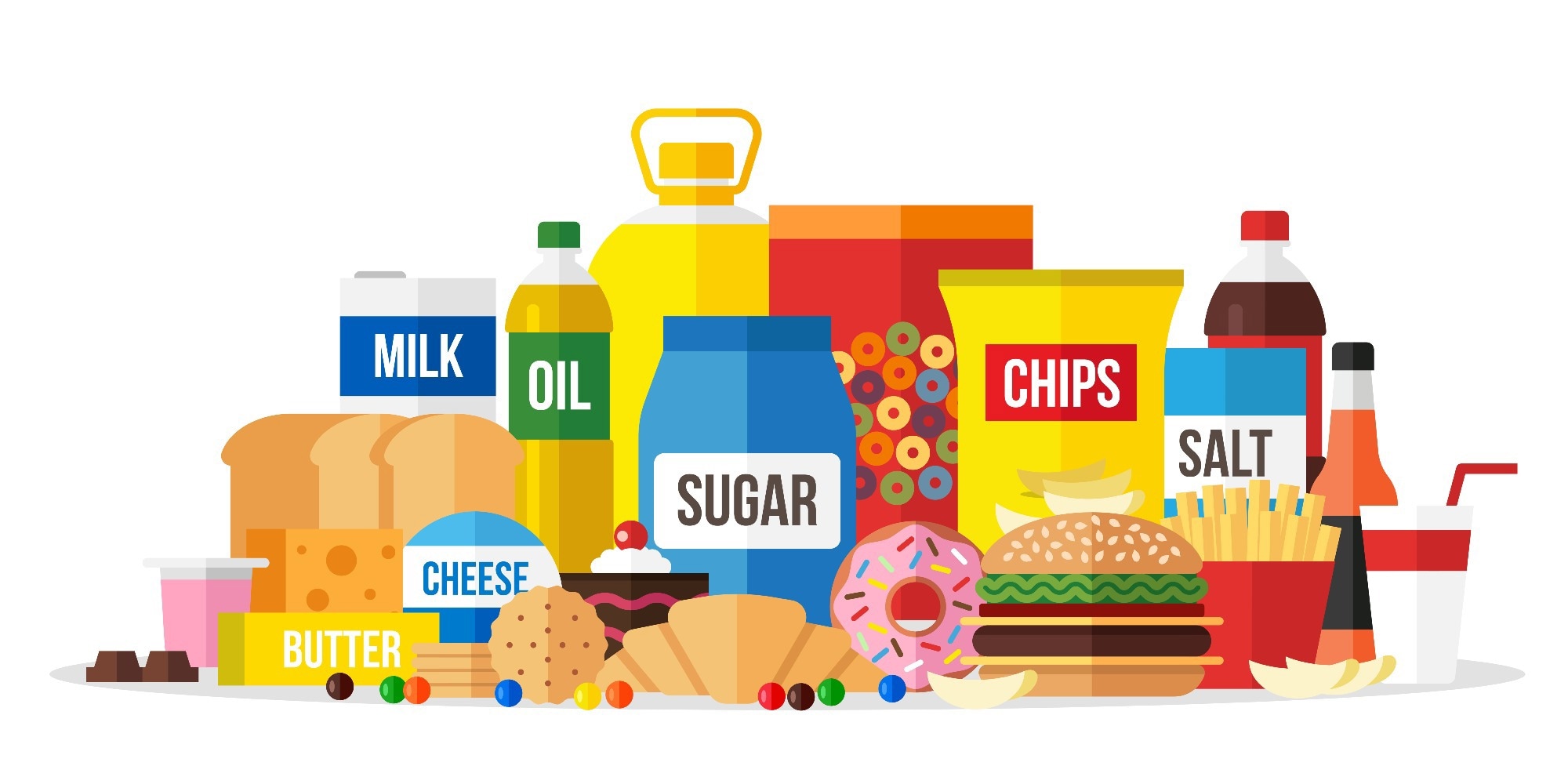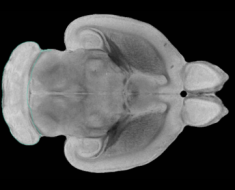A large-scale study involving US residents revealed that high consumption of ultra-processed foods might increase the risk of colorectal cancer in men. The study has been published recently in the British Medical Journal.

Background
Colorectal cancer is one of the leading causes of death worldwide. In the US, it is the third most detected cancer. One of the most potential risk factors of colorectal cancer is poor dietary habits. Studies have linked higher consumption of ultra-processed foods with a higher risk of colorectal cancer.
Ultra-processed foods are industrial, ready-to-eat, or ready-to-heat products high in refined sugar, refined starch, and trans fats. A growing pool of evidence suggests that ultra-processed foods increase colorectal cancer risk by altering the composition and diversity of gut microbiota and increasing the risk of obesity. Despite all odds, ultra-processed foods currently contribute 57% of the daily dietary intake of adult Americans.
In the current study, scientists have evaluated the association between ultra-processed food consumption and the risk of colorectal cancer among American adults.
Study design
The study analysis was conducted using the data obtained from three large prospective cohort studies in the US. Overall, the study population included 46,341 men from the Health Professionals Follow-up Study (1986-2014) and 159,907 women from the Nurses’ Health Study (1986-2015).
The dietary intake of the participants was obtained through food frequency questionnaires every four years since enrollment. At the enrollment, none of the participants had any cancer diagnosis. In addition, information on demographic characteristics, lifestyle factors, and medical conditions was collected from the participants through questionnaires.
Important observations
A total of 1294 and 1922 cases of colorectal cancer were documented among men and women participants, respectively, during the 24-28 years of follow-up.
The participants in the highest fifth (highest data value) of ultra-processed food intake were more likely to be smokers and have higher body mass index (BMI), lower consumption of alcohol, less physical activity, lower consumption of dietary fibers, whole grains, vitamins, and minerals, and higher consumption of fats, refined sugar, and processed meat. These observations were similar among both male and female participants.
The average daily consumption of ultra-processed food was 6.5 servings for women and 6.6 servings for men. Among male and female participants, the most consumed ultra-processed foods were ultra-processed bread and breakfast products, fats, condiments, and sauces, and packaged sweet snacks and desserts.
Risk of colorectal cancer
About 29% higher risk of colorectal cancer was observed among men who consumed the highest amount of ultra-processed foods compared to those with the lowest consumption. However, no such association was observed among women.
Considering different anatomical locations of colorectal cancer origin, high consumption of ultra-processed food increased the risk of distal colon cancer by 72% in men. However, no such association was observed for proximal colon cancer and rectal cancer. These observations remained unchanged after adjusting for BMI and indicators of diet quality.
A significant reduction in the ultra-processed food-related colorectal cancer risk was observed in men after adjusting for food and nutrient intake. However, the risk of distal colon cancer remained significantly high.
Considering the types of ultra-processed foods, higher consumption of meat-, poultry-, and seafood-based ready-to-eat products and sweetened beverages were positively associated with colorectal cancer risk among men.
Among women, the risk of colorectal cancer was positively associated with higher consumption of ready-to-eat or ready-to-heat mixed dishes. In contrast, higher consumption of yogurt and dairy-based desserts was linked to a reduced risk of colorectal cancer among women.
Study significance
The study findings indicate that men who consume a high amount of ultra-processed food are at higher risk of developing colorectal cancer, especially distal colon cancer. Although no such association has been observed among women, higher consumption of certain ultra-processed foods could put them at higher risk. Importantly, women who consume yogurt and dairy-based desserts may be at a lower risk of colorectal cancer.
- Wang L. (2022). Association of ultra-processed food consumption with colorectal cancer risk among men and women: results from three prospective US cohort studies. British Medical Journal. doi: https://doi.org/10.1136/bmj-2021-068921 https://www.bmj.com/content/378/bmj-2021-068921
Posted in: Men's Health News | Medical Science News | Medical Research News | Healthcare News
Tags: Alcohol, Body Mass Index, Bread, Breakfast, Cancer, Cancer Diagnosis, Colon Cancer, Colorectal, Colorectal Cancer, Diet, Food, Frequency, heat, Meat, Minerals, Obesity, Physical Activity, Vitamins

Written by
Dr. Sanchari Sinha Dutta
Dr. Sanchari Sinha Dutta is a science communicator who believes in spreading the power of science in every corner of the world. She has a Bachelor of Science (B.Sc.) degree and a Master's of Science (M.Sc.) in biology and human physiology. Following her Master's degree, Sanchari went on to study a Ph.D. in human physiology. She has authored more than 10 original research articles, all of which have been published in world renowned international journals.
Source: Read Full Article





